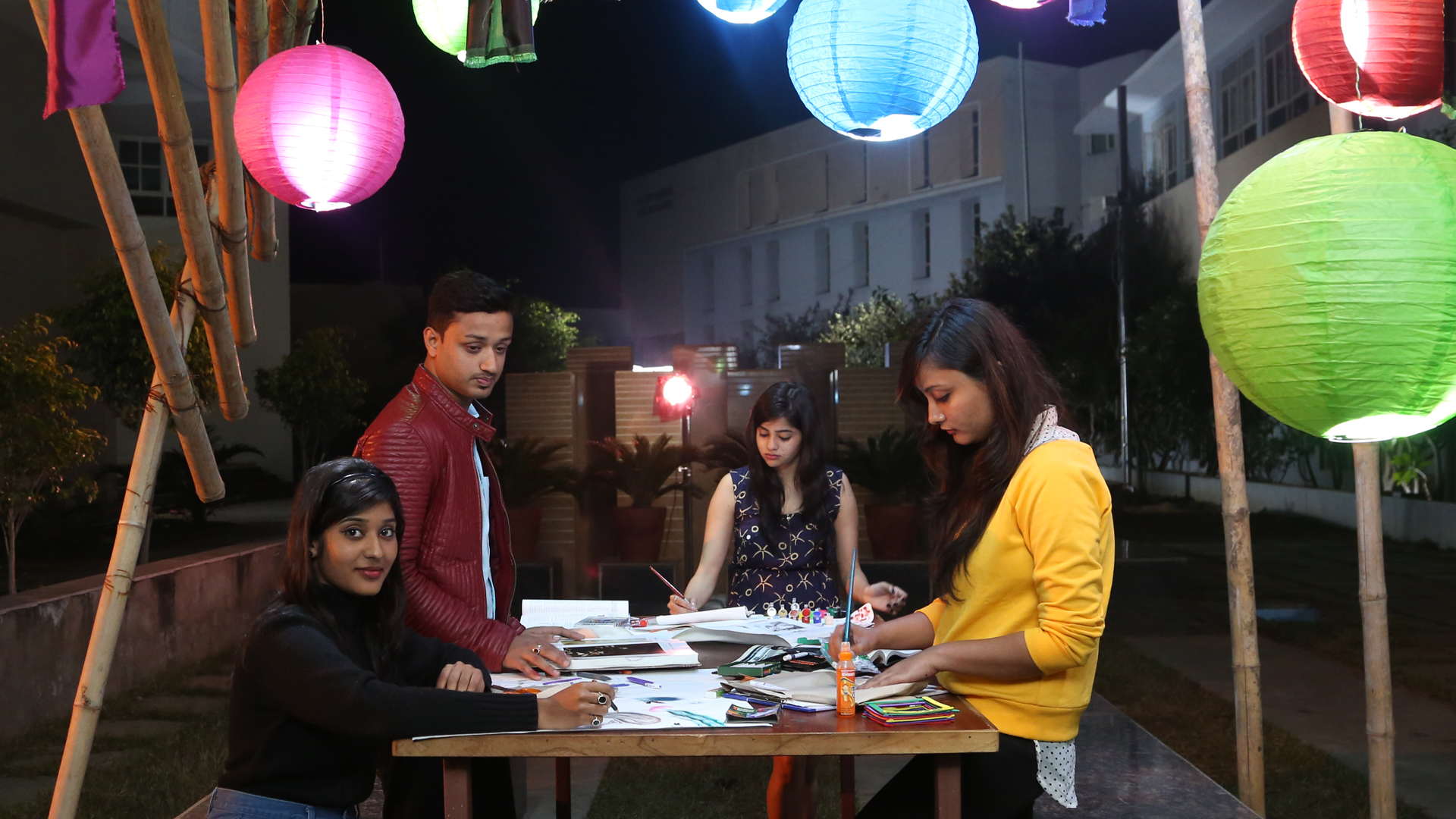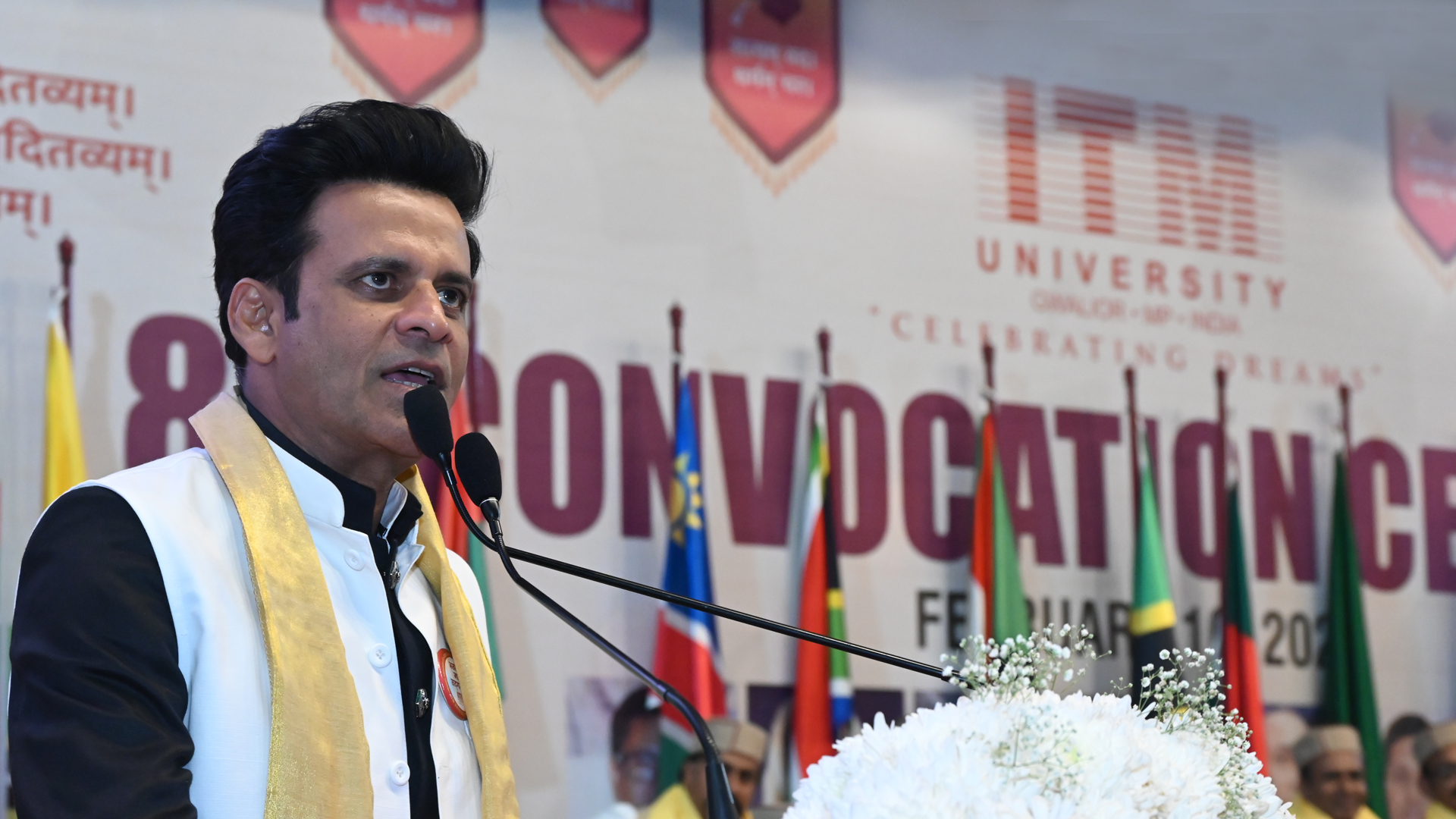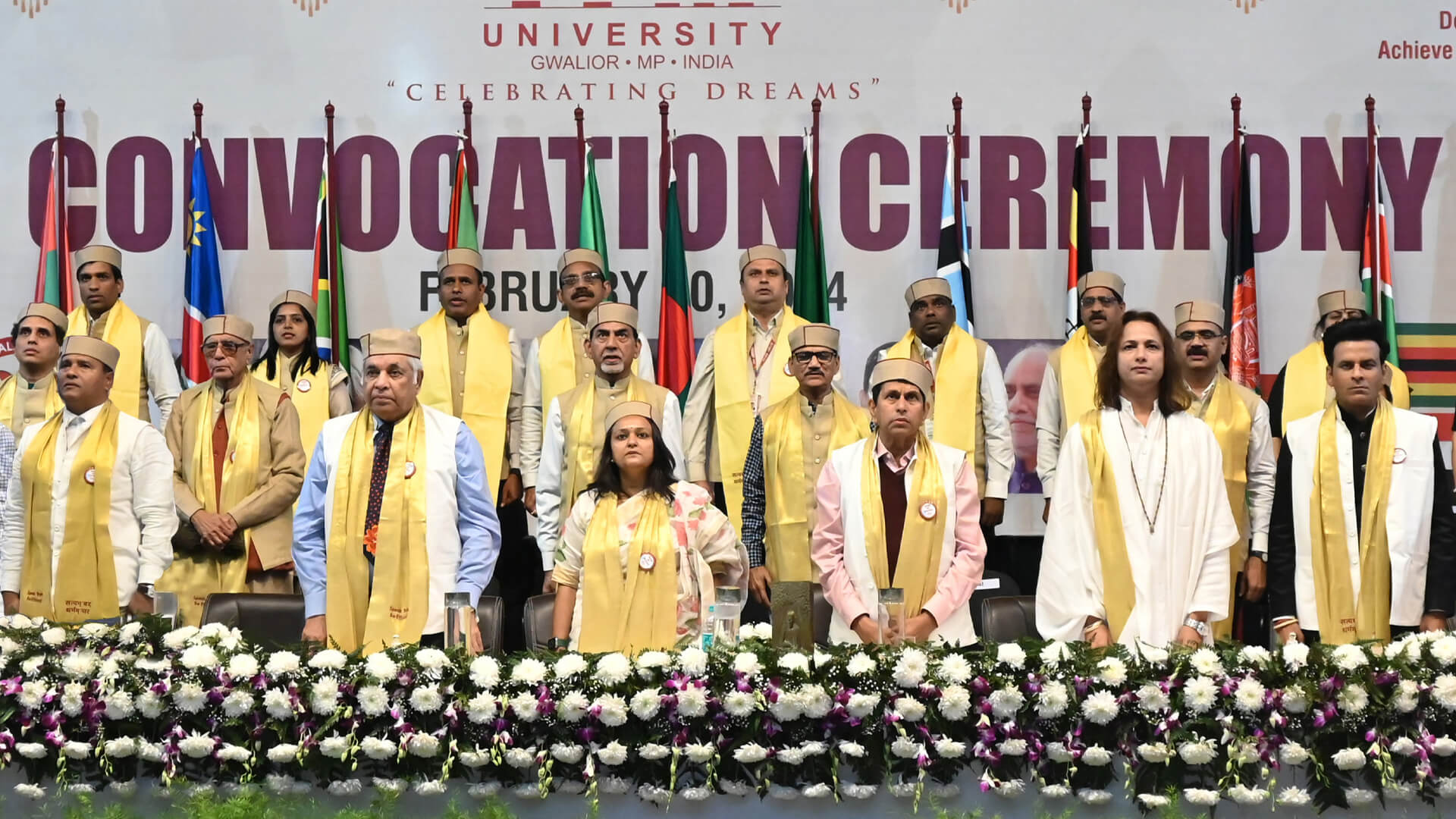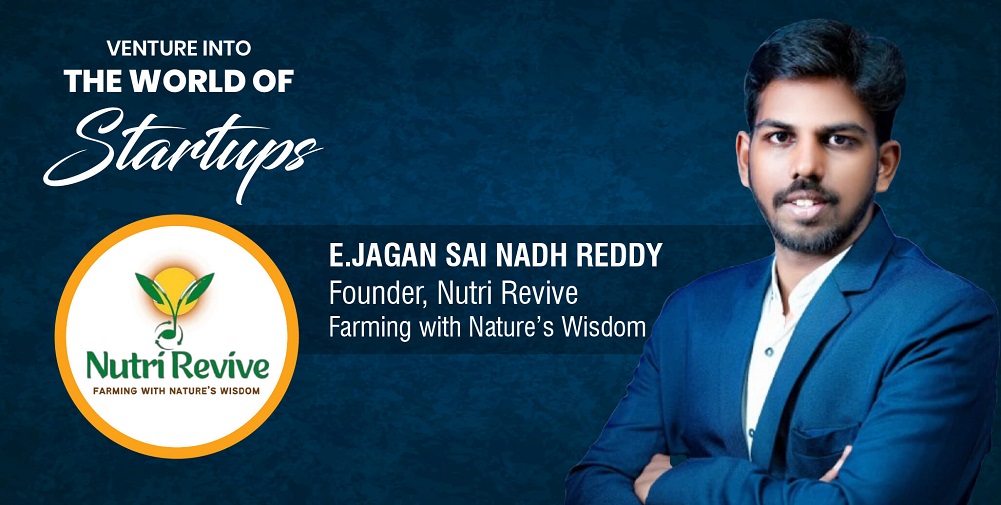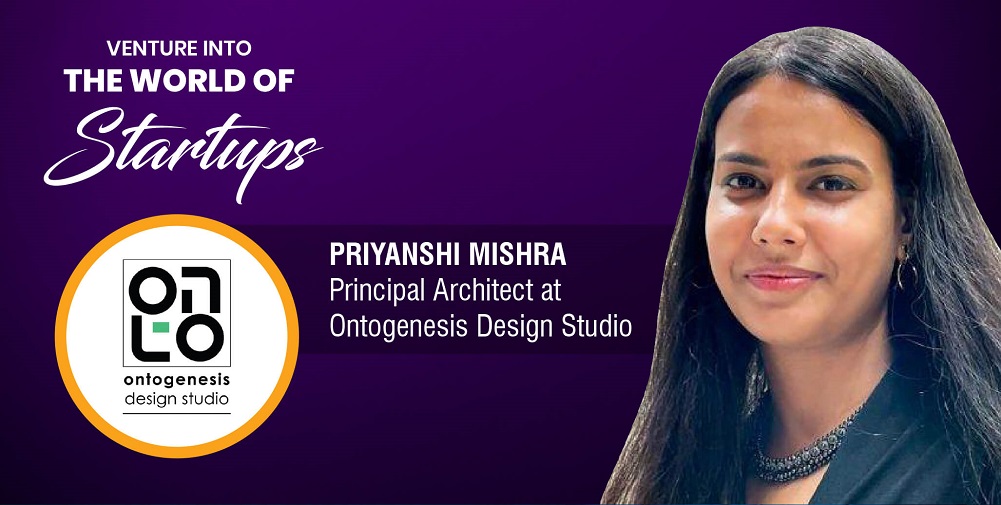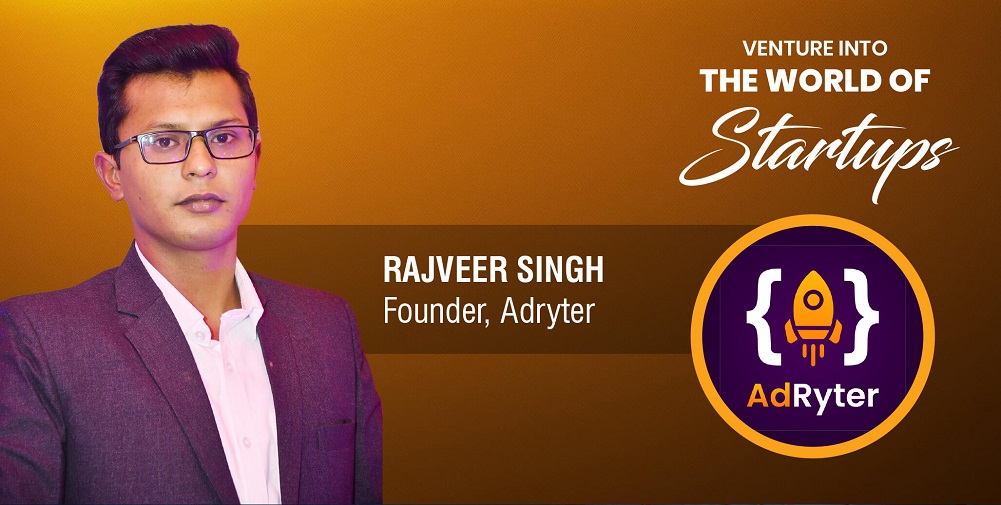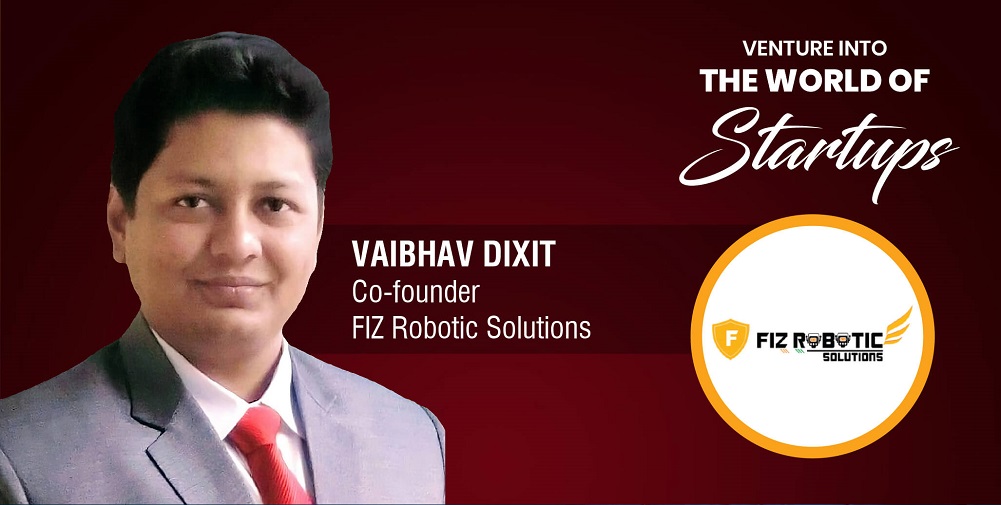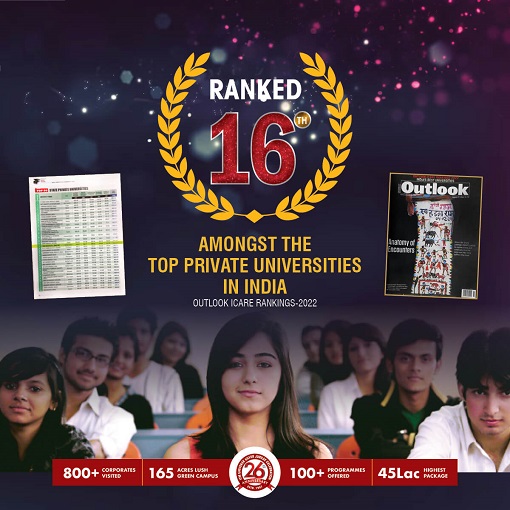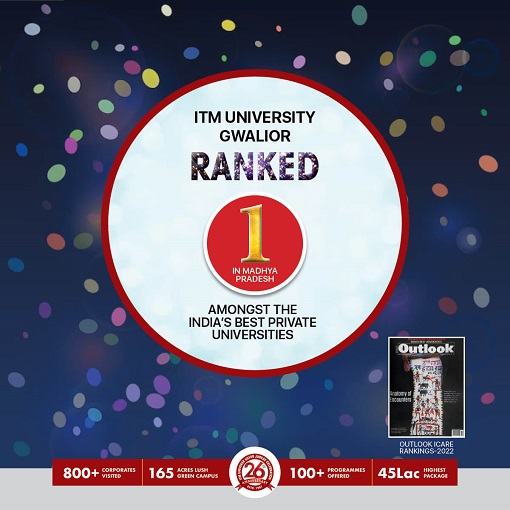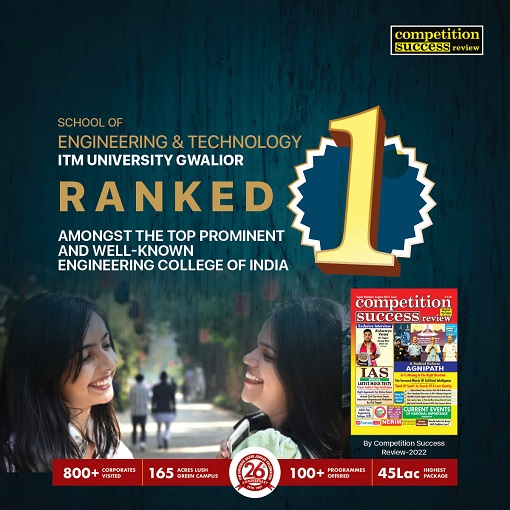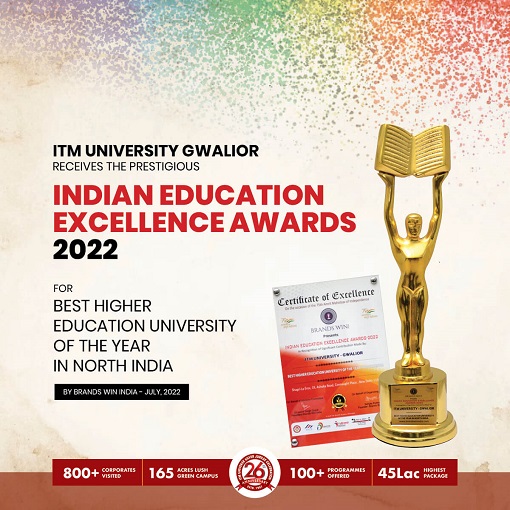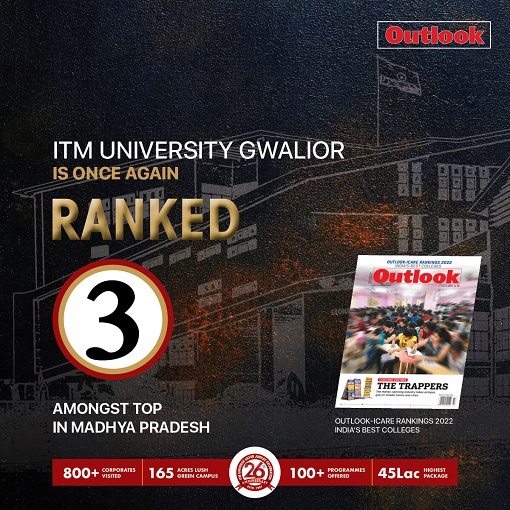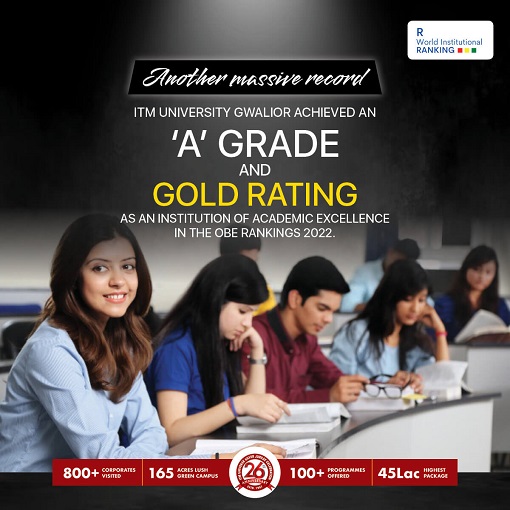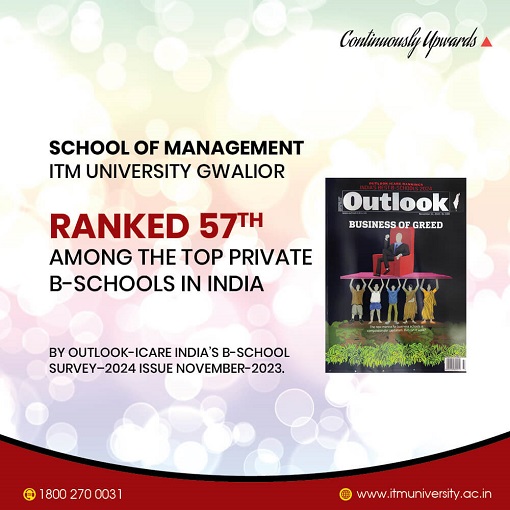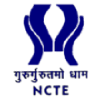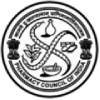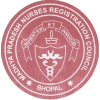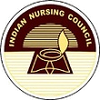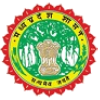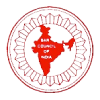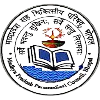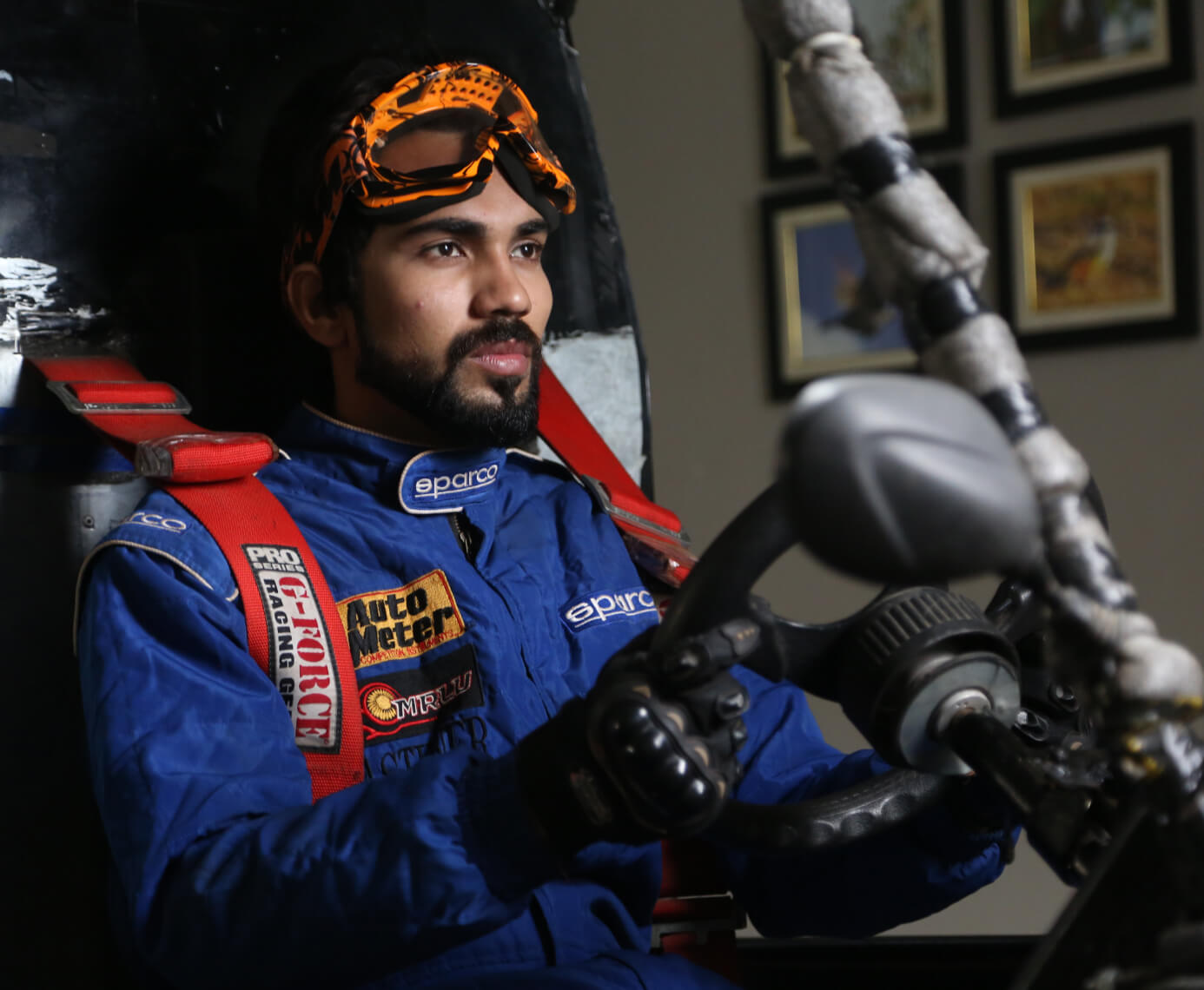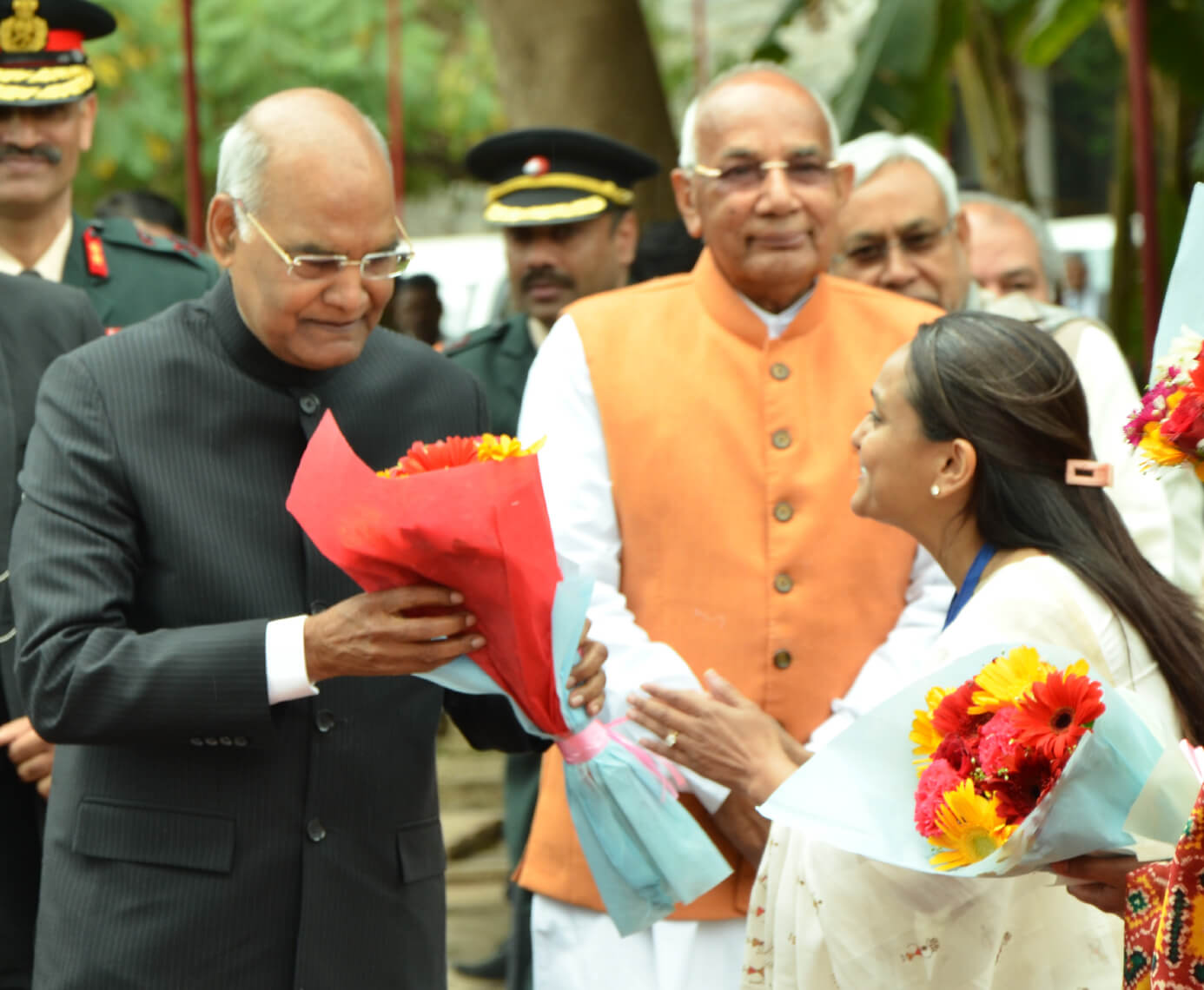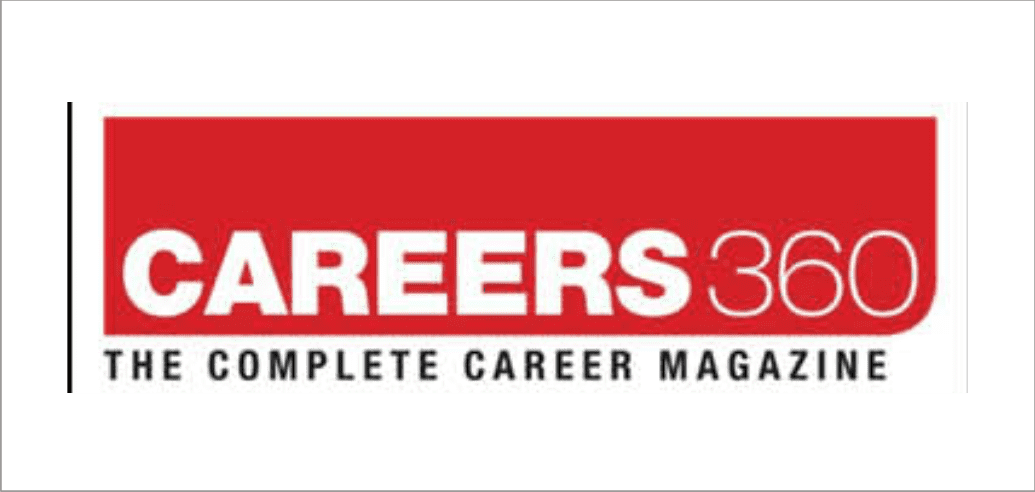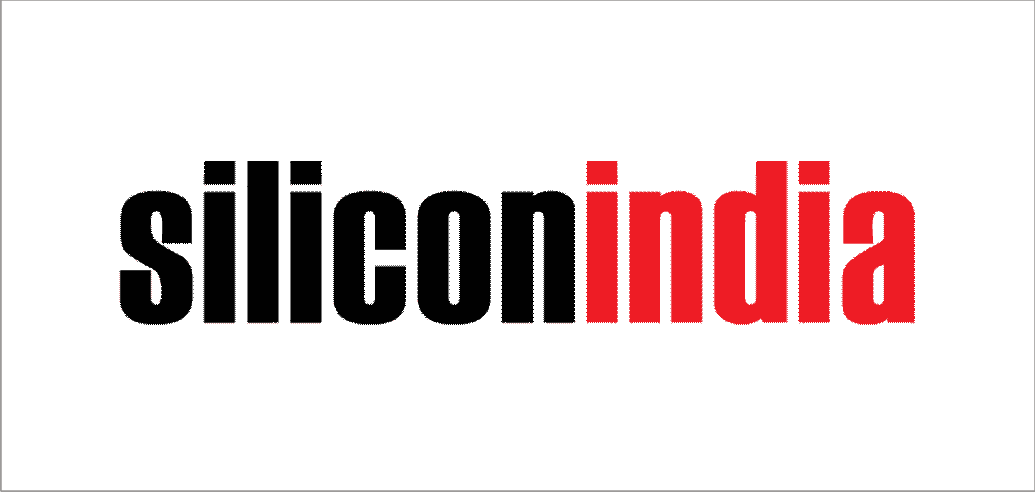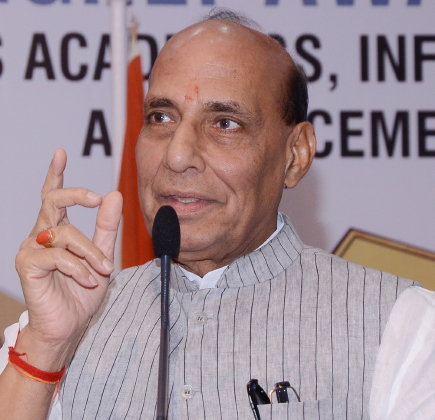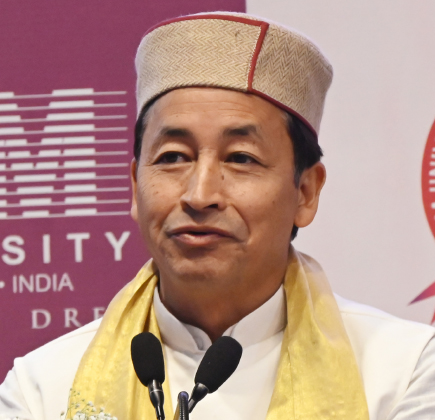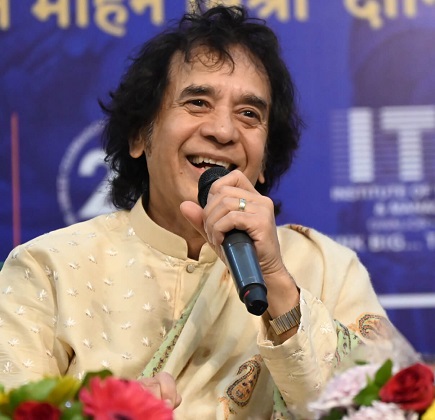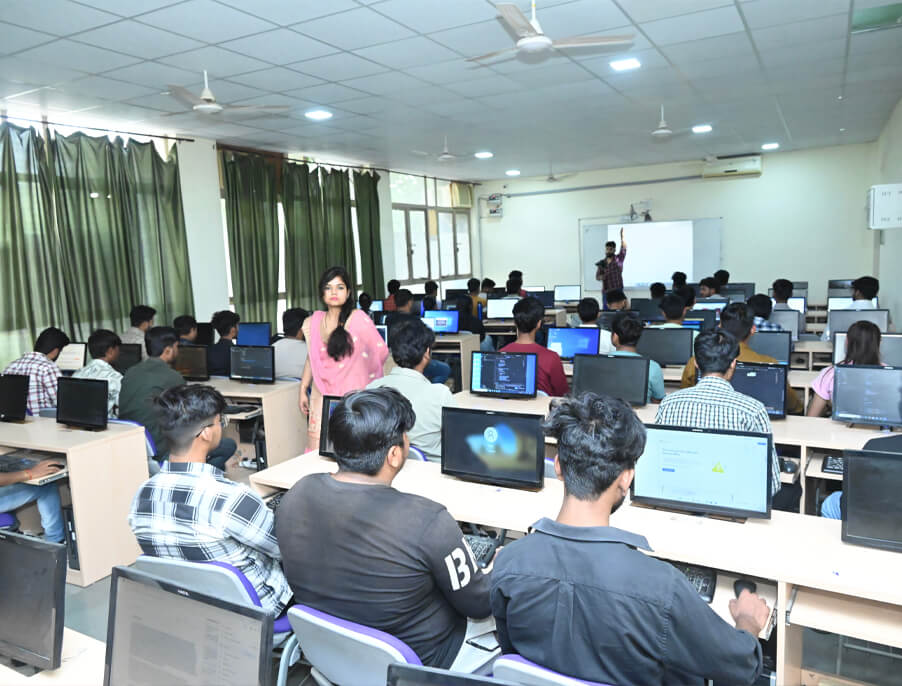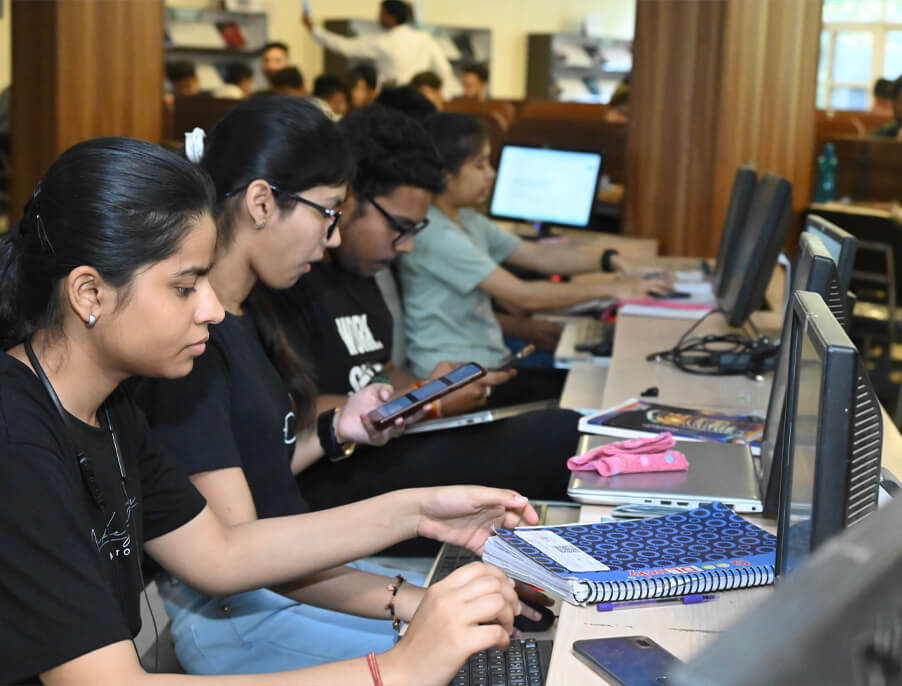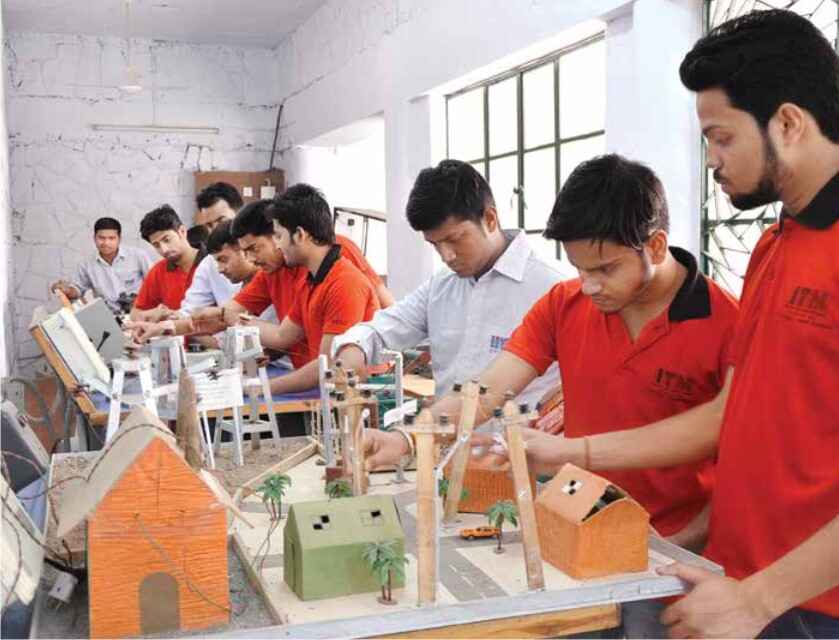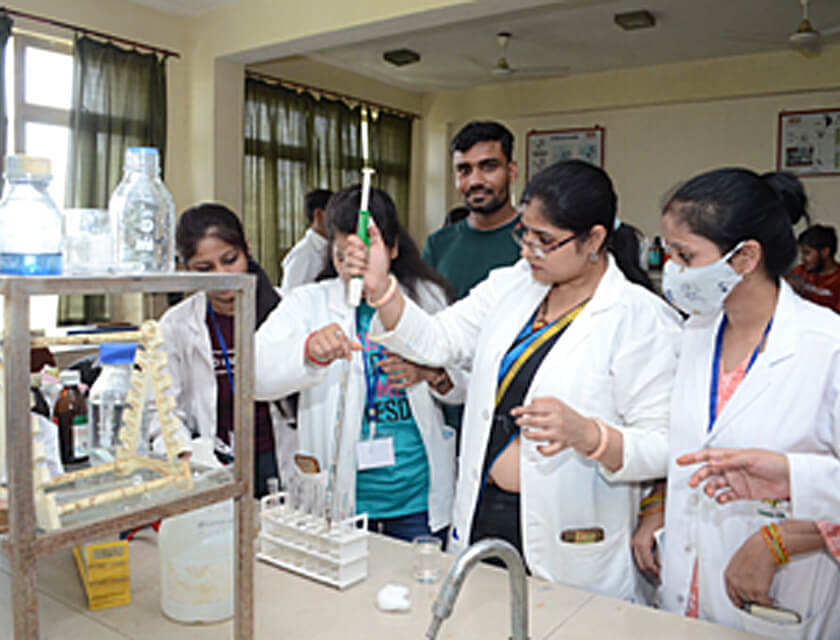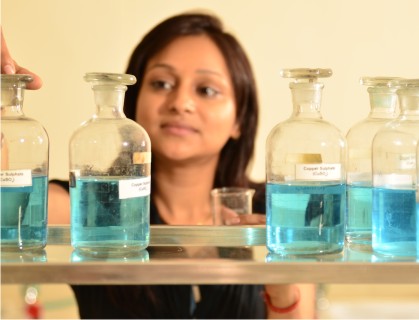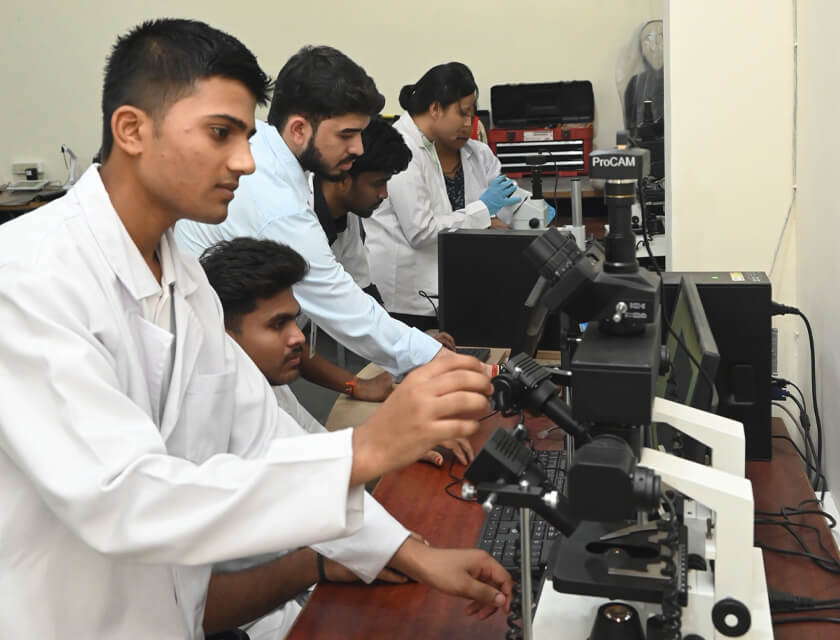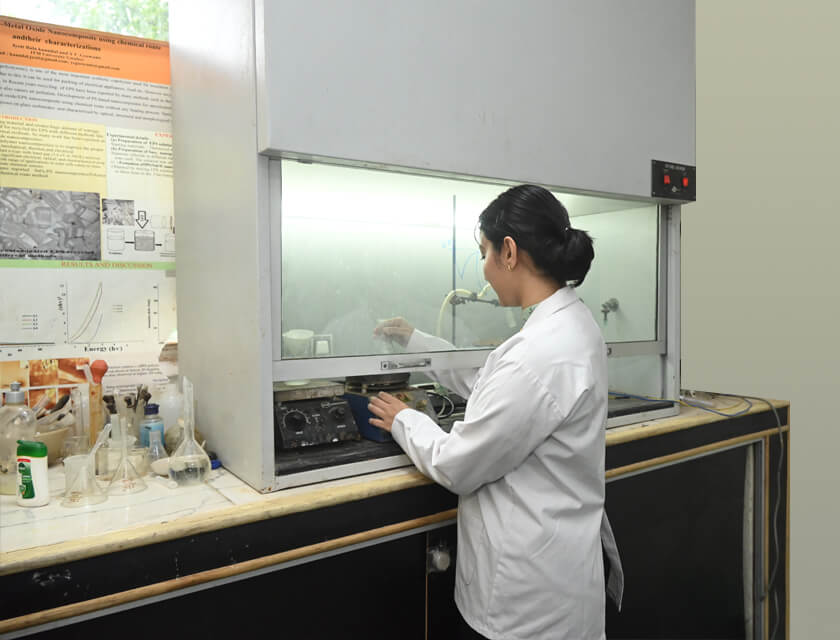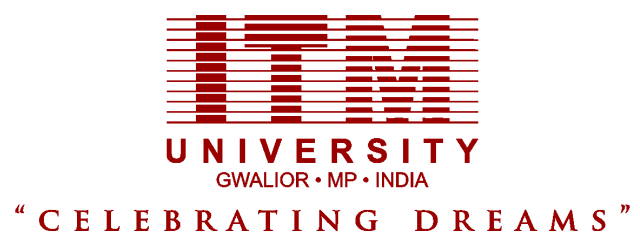ITM University - Best University in Gwalior
Milestones of Excellence
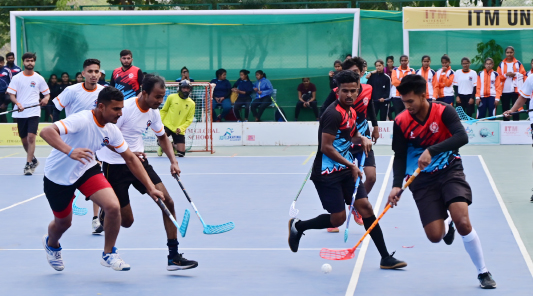
 Sports
Sports
Sports and fitness are vital and integral components of
Student life at ITM University Gwalior
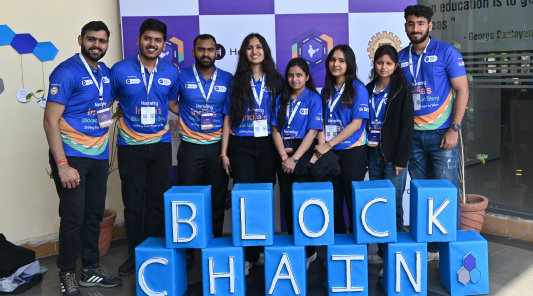
 Medals
Medals
ITM University joins
Bharat Block
Chain initiative
Remarkable Achievements Demonstrating Our Excellence
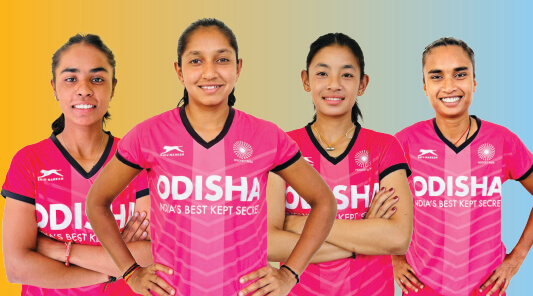
 Games
Games
Chosen for Indian Junior Women's Hockey for International Games in Belgium, Germany, and Netherlands.
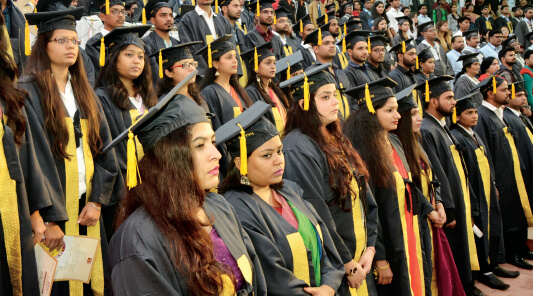
Embracing the achievement: Graduates proudly stand during the 8th Convocation ceremony
About ITM University – Leading the Way in Gwalior’s Education
ITM University has consistently ranked among the top colleges in Gwalior, offering world-class education, cutting-edge research opportunities, and industry-oriented programs.
Recognized as the best university in Gwalior, we focus on academic excellence and holistic development to shape future leaders.
Engineering & Technology
Innovating Future Technologies for a Better Tomorrow
Management
Shaping Global Leaders with Entrepreneurial Vision
Agriculture
Innovative Farming Techniques for Sustainable Agricultural Practices
Sciences
Exploring the Frontiers of Scientific Knowledge
Nursing
Nurturing Care: School of Nursing Science
Sports
Championing Excellence: Shaping Future Leaders in Sports Education
Pharmacy
Empower your future in healthcare at the School of Pharmacy, where science meets compassion.
Phd
Doctoral Program
Best College in Gwalior for Diverse Courses & Career Growth
Looking for the best college in Gwalior? ITM University provides a range of undergraduate, postgraduate,
and doctoral programs designed to empower students with skills for the modern job market.
Our commitment to excellence makes us the preferred choice among aspiring students.
Accreditation & Rankings
Be in the League of Achievers
Unique Integration of AI and Indian Knowledge Systems (IKS)

Top 10
Reasons to join ITM
What makes ITM University, Madhya Pradesh the most Preferred Destination among students!
View More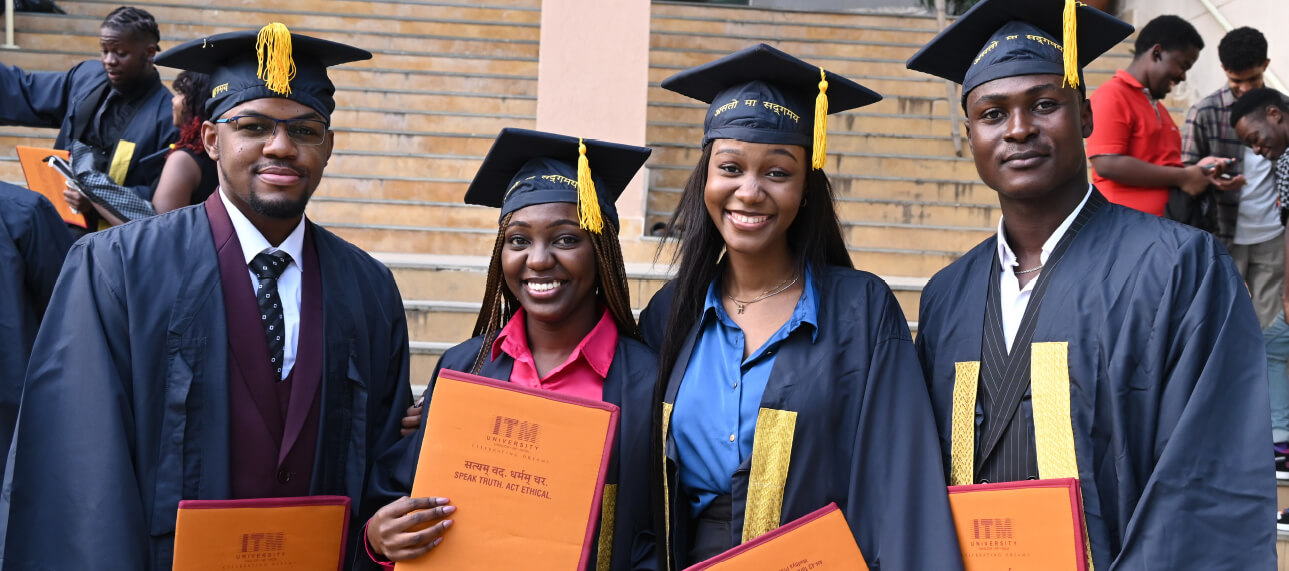
World-Class Learning
with Tatva
At ITM University Gwalior you get an opportunity to link your studies to your career plan and personal goals by using a combination of compulsory credits, optional credits, self-learning credits, MOOC, Tatva, and Non-GPA credits for curricular and extra-curricular activities.
View More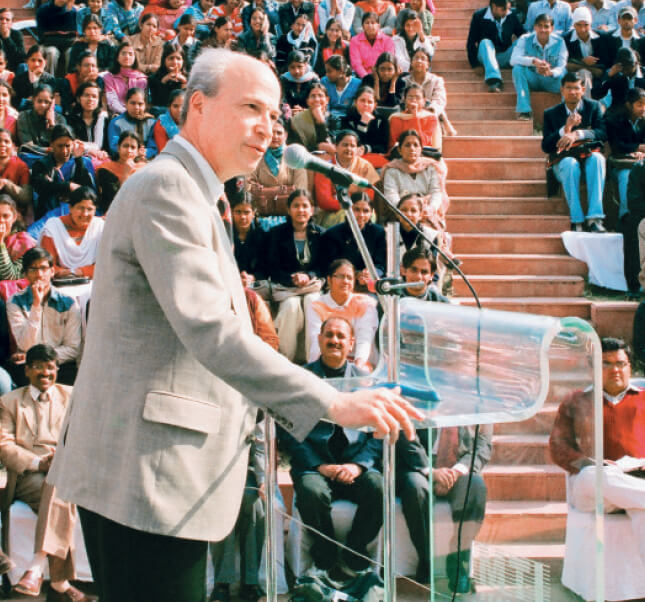
Dear students, faculty and staff of this fine university in Gwalior. It has been delightful, stimulating and memorable to visit and discuss science with you today. I wish to encourage your interest and enthusiasm for science. I hope to assist you further in your efforts in the future. All good wishes.
- Roger Kornberg, Dept. of Structural Biology, Stanford School of Medicine, Stanford University CA 94305, USA
Scaling New Heights Annually
ITM University consistently elevates the standards of higher education with exceptional academics,
world-class research, and unparalleled placements year after year.
ITM University becomes first University of India to have record number of 350+ International Tie-ups with foreign universities
May 10, 2020Zakir Hussain, renowned Indian tabla player, composer, percussionist, music producer, and film actor, visited ITM University
May 10, 2020Why ITM University is the Top Private University in MP
As a top private university in MP, ITM University is known for its state-of-the-art infrastructure, experienced faculty,
and dynamic campus life. We ensure that students receive an education that is globally relevant while fostering innovation and leadership.
 Tech-Rhythm 2025
Tech-Rhythm 2025
